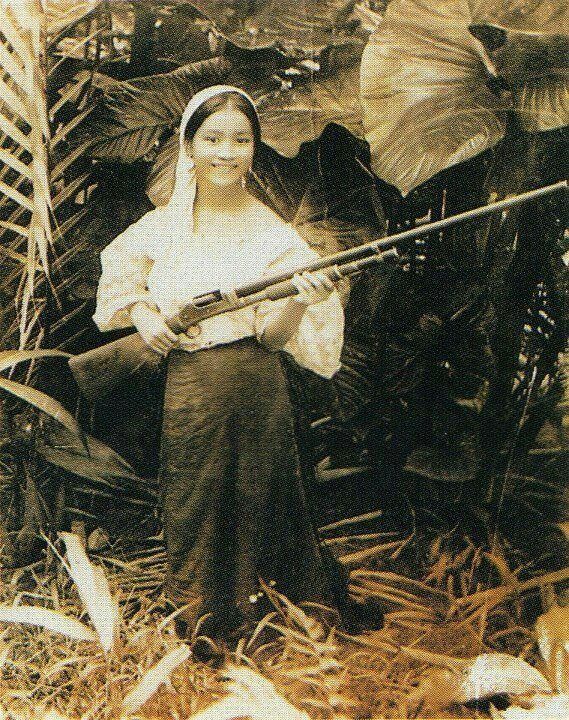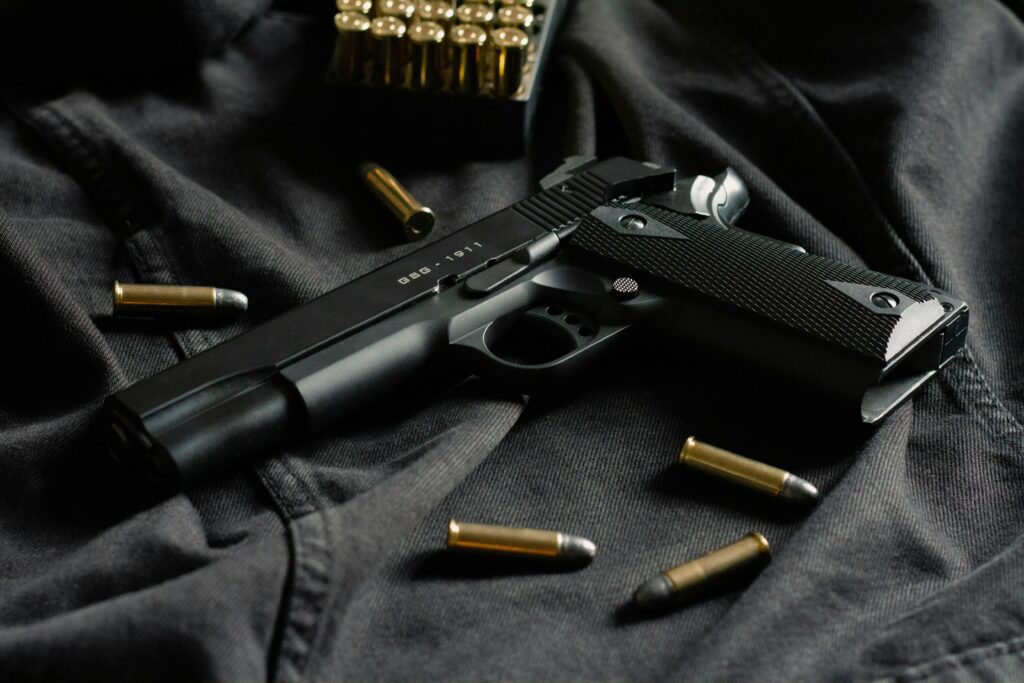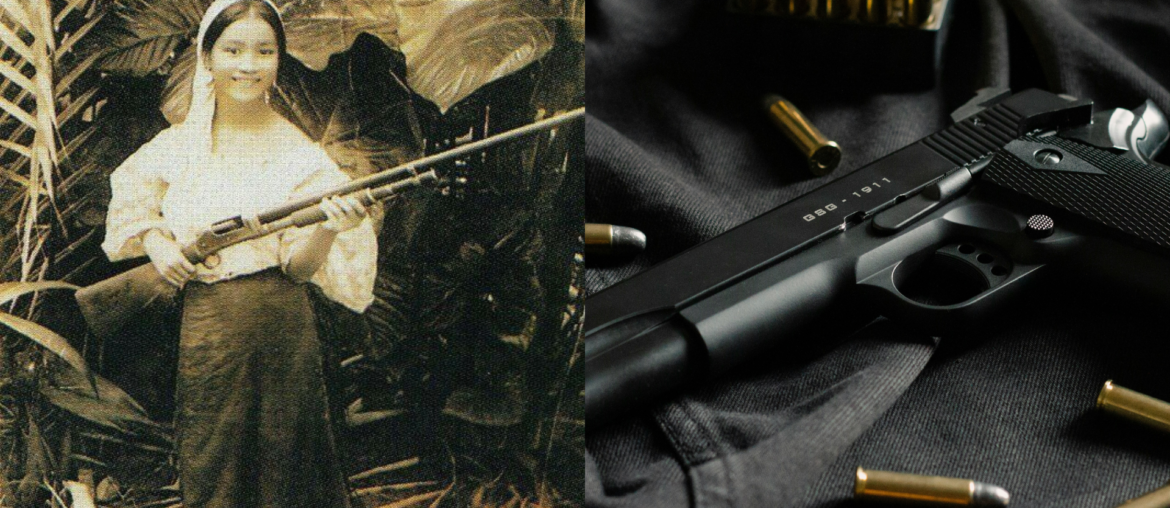The laws regarding gun acquisition have now been updated by the Philippines of Representatives.

On June 14, 2025, the Philippine House of Representatives approved House Bill No. 11539 in its third and final reading, which seeks to alter Republic Act No. 10591, popularly known as the Comprehensive Firearms and Ammunition Regulation Act of 2013. The measure seeks to simplify the weapons licensing procedure, reduce bureaucratic red tape, and modernize firearm regulations in the country.
What does it mean?
The purpose of this legislation is to make it easier and more modern for law-abiding, licensed persons to obtain and retain legal firearms, particularly in places with low police presence. Among its main features: First-time candidates benefit from faster licensing and background checks and Licensed collectors with higher license tiers can now lawfully own up to 20 registered weapons.

A three-year amnesty scheme (based on the Senate version) may allow gun owners to register unregistered guns without penalty. This tries to enhance tracking and compliance, but it still needs bicameral agreement. People who already have guns but have yet to register them, may be given a “gun amnesty” period which was proposed from the Senate version, to a grace period to register unlicensed firearms without penalty.
Eligibility Requirements for Gun Ownership
Under Republic Act No. 10591, known as the Comprehensive Firearms and Ammunition Regulation Act, those who wish to possess a firearm must follow the criteria below:
- Be at least 21 years old and a Filipino Citizen
- Have a legitimate source of income
- Pass multiple tests regarding Physical and Mentally fit tests, with certifications from accredited professionals.
- Pass a background check

Once they are fulfilled, the applicant may apply for a License to Own and Possess Firearms from the PNP. This license is required before purchasing or registering any firearm.
More Harm than Good?
Those who are gun owners and some lawmakers approved of the amendment for streamlining firearm regulations and reducing bureaucratic hurdles. They emphasized responsible ownership and modernized licensing as key benefits. While civil society groups raise concerns about the increased ammunition limits and longer permit validity, arguing these could fuel black market activity without stronger safeguards.


Nevertheless, the country sees gun ownership as a privilege, not a right. It goes through extensive screening, harsh penalties for violations, periodic renewals that are all governed by RA 10591 and PNP regulations.



Comments are closed.